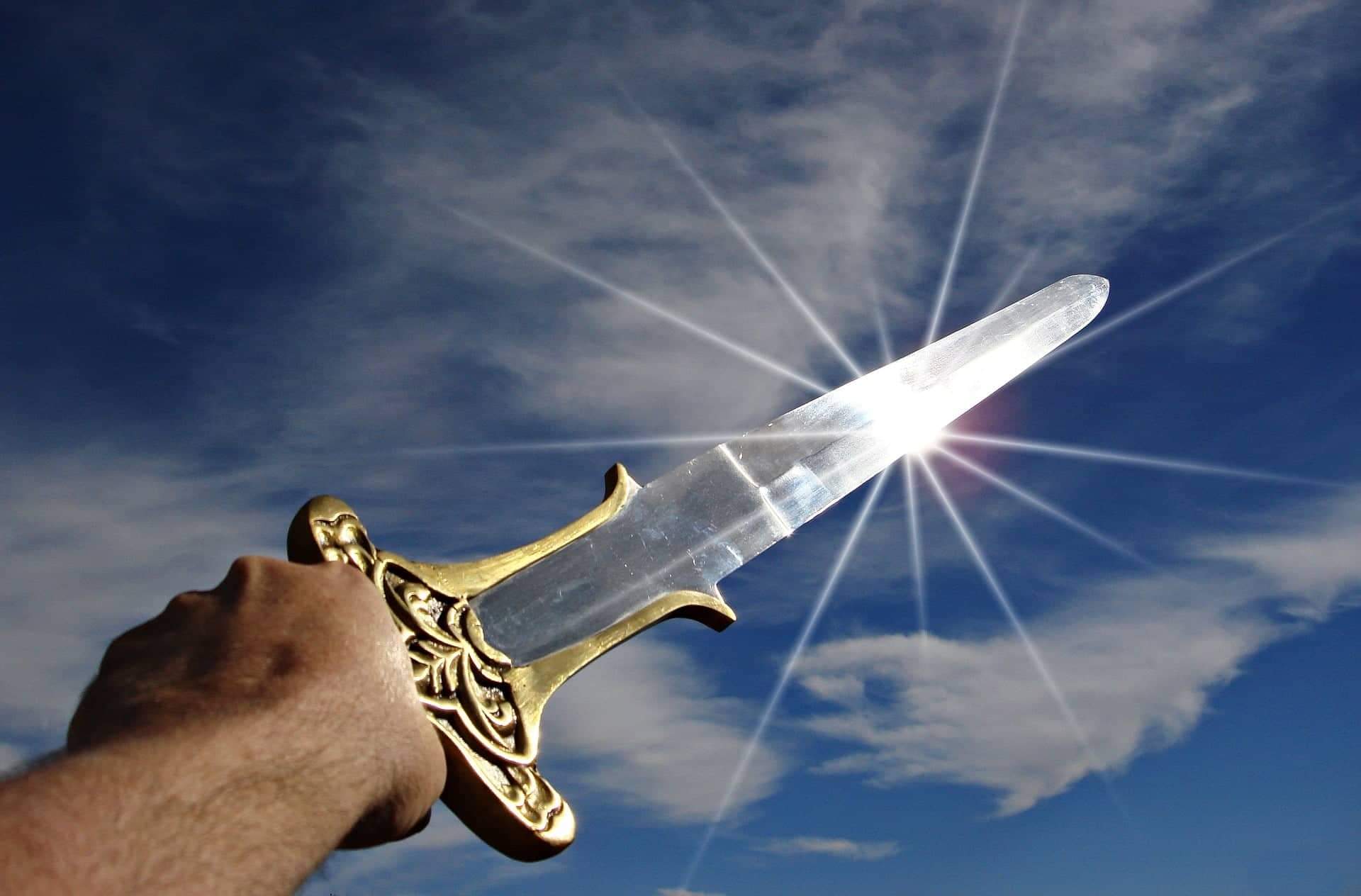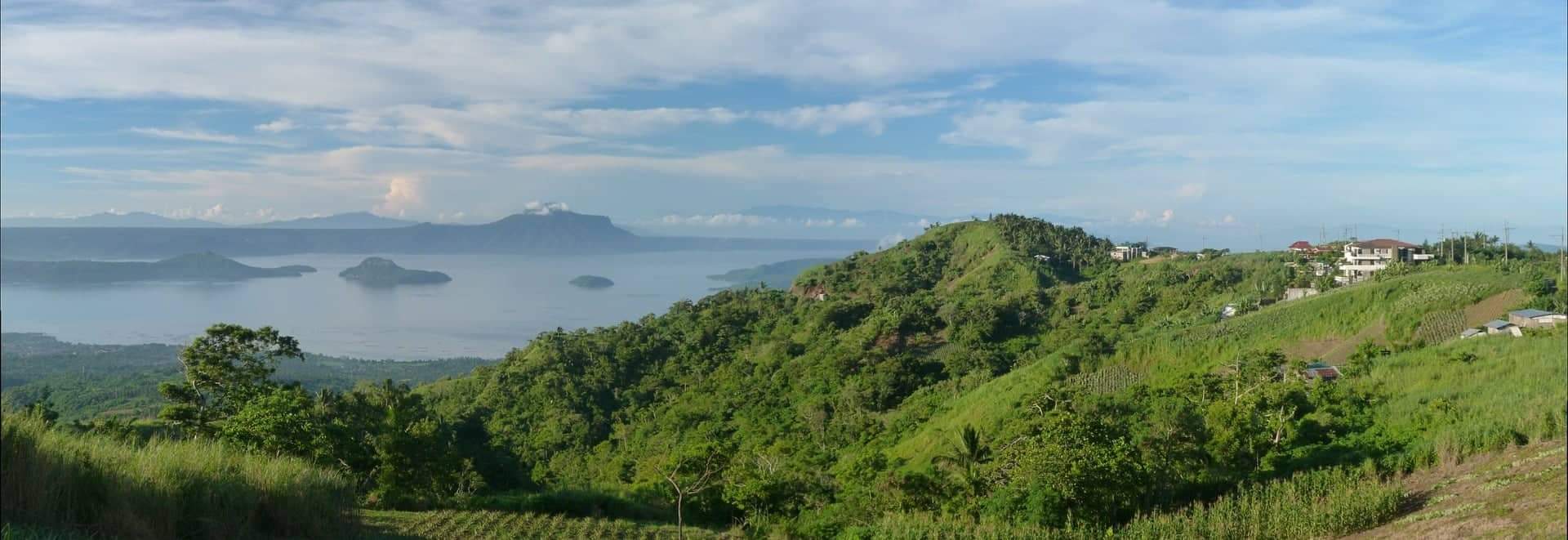The mayhem that is the 2022 national and local elections culminated with 65.7 million Filipinos exercising their right to suffrage both in the Philippines and abroad. The confusion and uncertainty about our nation and by extension, our future and our loved ones’ futures, gnaw in our hearts. How do we move forward from this? Is there even a way forward?

A Way Forward
Although it is practical to move forward as individuals, it is crucial to move forward as one nation. Some of us may have cancelled a friend who dissed us; perhaps an uncle/auntie cut ties with us; or maybe a fellow church member ghosted us. What used to be the distance of one kilometer between neighbors is now light years away because of hurtful words.
A few years from now, memories of friendships we once enjoyed but now disdain will become mere ghosts that haunt us. The greater losses of hope and unity will result in an even more shocking degree of brokenness if we don’t deal with this now. In fact, we find the very Church, the Body of Christ, torn and wounded from mismatched political views.
The African proverb shrewdly poses a challenge for us in this time of denouement, “If you want to go fast, go alone. If you want to go far, go together.”
In our earnest desire to move forward, are we going alone or going together?
Ripe for Restoration
Being a topographically fragmented nation of 7,641 islands, brokenness is not an unfamiliar thing for the Filipinos. The waters surrounding our archipelago separate the islands of Luzon, Visayas, and Mindanao, breaking the possibility of a one-culture Philippines. The Luzonians, Visayans, and Mindanawons, although hailing from one republic, differ greatly in culture.
The electoral preferences of the Filipinos made the gap in the Philippines even more salient, allowing us to see our brokenness seeping through every fiber of society—not just in our physical terrain. The gaping fissures in relationships and in our community cry out for mending, repair, and restoration.
Our beloved Philippines is hungry and thirsty for restoration.

The God of Restoration
God wears many hats in the Bible. He is a Mighty Warrior in Isaiah 42; the Righteous Judge in Psalm 7; the uncreated Creator in Genesis, amongst others. One aspect of God’s being that we must hold onto in this time in history is found in Amos 9. While God’s pronouncement of judgment is indeed frightening, His promise of restoration shines even brighter in this fearsome darkness.
In the aftermath of the national elections, God extends, in His grace and mercy, the beautiful promise of restoration to the Philippines. The restoration is ours to claim as we step into the prophetic invitation to rebuild the tabernacle of David.
What Is David’s Tabernacle?
The rebuilding of David’s fallen tent or tabernacle is the restoration of worship in our hearts for God. More than the rebuilding of its physical structure, God desires for our hearts to be restored to Him.
In 1 Chronicles 22, David bought the finest materials for the temple of God. But the best materials were not the wood, iron, or stone. The most precious material in the tabernacle of David was his heart of unoffended worship to God.

Restoration of Land
God wants to bring us back to His original design where He Himself walked with men, just as it was in the garden of Eden.
The rebuilding of David’s fallen tabernacle is also a restoration of God’s authority over our land. With countless patron saints being worshipped all over our nation, it’s imperative that worship for God alone be restored. The blessedness we receive is not from any of these lesser gods but God, the King, the Lord of hosts, Himself. Psalm 33:12 aptly puts it, “Blessed is the nation whose God is the Lord, the people He has chosen for His own inheritance.”
The Savior, the Deliverer of the Philippines, is not anyone of these political candidates but is Christ alone. When God reigns and rules in our hearts, we as Filipino Christians, get a glimpse of what it was like when God and Adam walked together in Eden—a time when God reigned sovereignly on earth and partnered with Adam.
Restoration of Relationships
By rebuilding the tabernacle of David, not only does God restore us to Himself, but also to each other—to our fellow Filipinos. By living a life of worship and prayer just like David, we allow the Holy Spirit to move in our lives, past all the pain and trauma. We enable Him to use us as vessels of forgiveness and love.
God’s promise of restoration goes beyond the superficial—beyond the restoration of severed relationships. The restoration that He gives is whole and complete. The restoration that comes from God is the restoration of our identities and even our callings—a reinstatement of who we are in His eyes first, and then in the eyes of men, just like what happened to the younger son in Luke 15.
A Man After God’s Heart
There was something else in David’s tabernacle that God wants to restore at this time. It is our unoffended worship before God.
Before David became the greatest king of Israel, he was a brave shepherd boy who took down the giant Goliath. He was remarkable not only because of the feat he accomplished at such a young age, but also because of his zeal for the Lord’s honor. Of all the soldiers armored for battle and ready to fight, David was the only one who boldly spoke up against Goliath’s defiance of God’s armies.

Furthermore, David was a steadfast worshipper of the Lord. He worshipped God in all seasons of his life—as a shepherd boy, a warrior, and a king. David worshipped God in every place he found himself in—Bethlehem, Gibeah, and Adullam. His worship went beyond the music he made to the life he lived; his lifestyle being one of worship and prayer. He remained faithful to God and as a result, was faithful also to who he was at the very core—a worshipper of God.
David was not fazed by the promotion and popularity that followed him. His eyes were fixed on the glory of the Lord. The more he beheld God, the more he remained true to God’s design for his life. God desired him to be the king of Israel. David did not only know this in his heart. He also agreed to this.
Dancing Before the Lord
When the ark of the Lord entered Israel in 2 Samuel 6, David, in his linen ephod, danced before the Lord. Without royal robes, he worshipped the Lord in a garb worn by priests—the linen ephod—as if to declare before God Himself and before men that the One True King of Israel was with them.
Call to Rebuild

Much has been said about the Philippines and its people in the past three weeks, but in the next 6 years, let us proactively position ourselves on the walls of this nation with the heart of David. Let the sword and trowel in our hands fight against division in our nation, and let us build towards unity. Let David’s heart of worship give us the desire and strength to posture ourselves for the restoration that only God can give.
Amber Lynne Salud serves as one of the senior leaders in Cavite House of Prayer. Her life vision is to see women discover their identity in Christ and to help raise them up as a great host of women who will proclaim Jesus is Lord. She wants to see women take up their role in the Kingdom of God. She is a wedding planner and a blooming writer. On most days, she’s watching her husband, Roy, goof around with their son, David.






